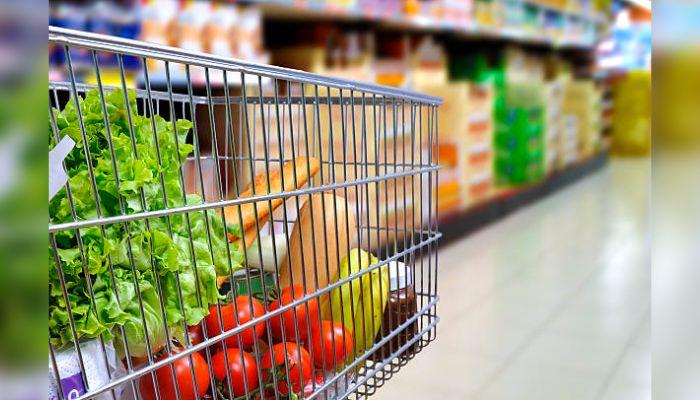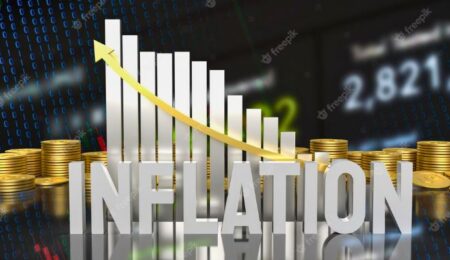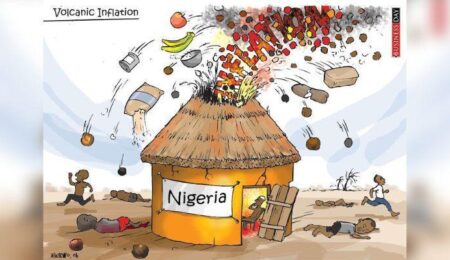The National Bureau of Statistics (NBS) has explained why last month’s inflation numbers did not fully capture the impact of the fuel subsidy removal and the unification of the exchange rate.
According to the NBS, Nigeria’s inflation rate rose marginally to a new high of 22.79 percent in June 2023 from 22.41 percent in the previous month.
“This is because the data collection for computing the rate for the reference month typically stops around the middle of the month, meaning that the June numbers only reflect approximately two weeks of the policy impact on consumer prices,” NBS tweeted via Twitter handle on Monday.
It added that the full effect of the policy as relates to prices can, therefore, not be reflected in June only, but also in subsequent months, based on actual prices collected in market outlets across the country.
In May, President Bola Tinubu announced the removal of the petrol subsidy upon his inauguration into office. Barely three hours after the speech, fuel price across the country surged by an average of 174.6 percent from two months ago.
Currently, fuel in Africa’s most populous nation is selling at an average of N526.7 per litre from an average of N191.8 per litre a month ago, according to BusinessDay’s calculation of NNPC’s new/old price list.







